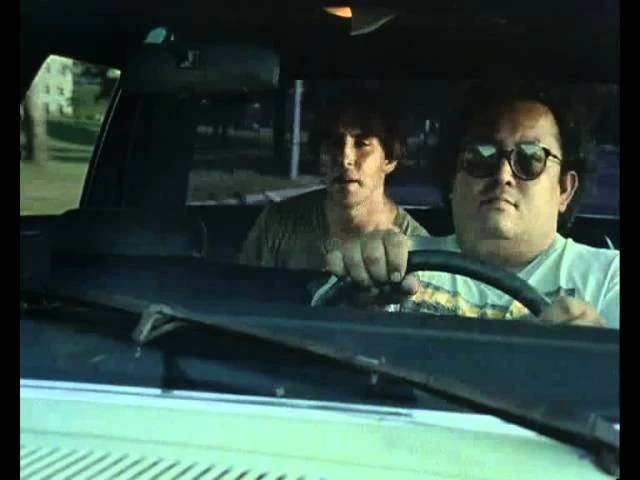 |
| Andrew Scott and Ethan Hawke in Blue Moon |
Cast: Ethan Hawke, Bobby Cannavale, Andrew Scott, Margaret Qualley, Patrick Kennedy, Jonah Lees, Simon Delaney, Giles Surridge, Cillian Sullivan, Michael James Ford, John Doran, Anne Brogan. Screenplay: Robert Kaplow. Cinematography: Shane F. Kelly. Production design: Susie Cullen. Film editing: Sandra Adair. Music: Graham Reynolds.
I wish I liked Richard Linklater's Blue Moon more than I do. He's one of my favorite directors, and Ethan Hawke is terrific as Lorenz Hart, whose lyrics I love. But Robert Kaplow's screenplay, "inspired by" the correspondence between Hart and Elizabeth Weiland (played by Margaret Qualley), turns the lyricist into a spiteful, deluded bore, and I can't believe that Hart was so lacking in insight into himself and others. The cast is phenomenal, especially Andrew Scott as Richard Rodgers, basking in the success of Oklahoma! and trying to enjoy the moment while placating the envious Hart, and Bobby Cannavale as the bartender trying to lift Hart out of his bitter funk. Qualley brings to life a fictionalized character based on some letters exchanged with the real Weiland, who seems to be otherwise unknown except through her flirtatious correspondence with Hart. Patrick Kennedy, an actor otherwise unfamiliar to me, has some fine, small moments as E.B. White, though I wish Kaplow hadn't invented the bit about Hart inspiring White to write Stuart Little. There's enough wit and truth in Blue Moon almost to overcome the screenplay's prevarications, but only the performances make it more than a melancholy misfire.












